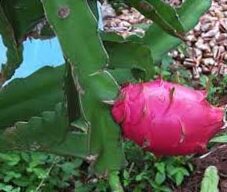356
As queens of the night, they must be cultivated in full or partial shadow, in a light substrate, suitable for epifite and mixed with garden and organic matter. It is reproduced by seeds and cuttings. This species has segmented stems in articles and generates an abundant number of branches. With the assistance of its aerial roots, this cactus can rise like a screw or look at the ground. Grown in optimal conditions, the plant begins its flowering from the third year. It has large flowers and a strong aroma, which produces a delicious fruit full of vitamins.
Scientific name: Without date hyocereus
Popular names: queen of the night, Lady of the nightAnanas Thistle, Cooking Cato, Night Lady Night, Moon Flower, Pitaya, Red Pitaya, red white meat
Family: cactus
Category: Cactus and succulent, fruit and vegetables, horticultural plants, climbing plants
Climate: Ecuatorial, subtropical, tropical
Origen: Central America, North America, South America, Mexico
Height: 3-6 meters
Incandescent: Half shadow, sun.
Vital cycle: Perennial plants
Information on the Queen of the Night or Lady of the Night (Pitaia)
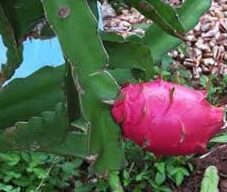
There is no certainty about the origin of this queen plant of the night, it is probably originally from the India or the tropical areas of the American continent, from Mexico to Colombia.
In the landscape it can be used both in the vases and as a climbing plant. Due to the large dimensions it can reach, it is more appropriate to sow in the open field, close to a surface to which air roots can cling.
It is ideal for rocky gardens and can also be planted next to a tree around which it can grow.
The lady of the night opens its flowers only once a year and the flowering lasts only at night.
- When the plant receives sunlight, it begins to dry and die in a maximum period of three days.
- It does not support temperatures below 13 ° C, being ideal when it is between 18 and 32 ° C. If it crosses a long period of cold, it could even die.
- The land for cultivation must be light with a mixture of a part of garden land, a part of the organic fertilizer and two parts of sand.
- Irrigation must be spaced, since excess water can cause the plant to rot. You should only water when the earth is dry on the surface.
- Every 3 years you have to put back.
Tips for cultivation
It is recommended to replant the queen of the night (Lady of the night) Every 2 or 3 years, depending on the size of the plant.
Hylocereus Undatus (known as the fruit of the red dragon), is a kind of dragon fruit belonging to the Hylocereus genre and the Cactacae family. It is widespread in Latin America and is grown on four continents and can be found by Israel in China. Originally from wet forests, it keeps the habit of climbing and can be found climbing on trees or rocks in their natural habitat, using the aerial roots to be kept.
Pitaya is known in Aztec culture for a long time, this name means the fruit of the stairs, it is used both for the plant and for the fruit of Hylocereus undatus (Haw.) Britton & Rose. It is known all over the world with different names, such as Dragon Fruit, Pitahaya, in Brazil the common name of the harvest has undergone changes, with a different spelling, pitaia, but keeping the sound. In other places his flower is known as the queen of the night.
Pitaya property
- Among the various properties of Pitaya, which stands out more is thermogenic, which improves the combustion of fats I favor weight loss.
- The most used fruit for this purpose is the red pulp.
- However, the nutritional properties do not differ among the pink, red or yellow fruits, regardless of the pitaya that consumes, your diet will be rich, with all the nutrients of Pitahaya and also: essential minerals, vitamin B complex and vitamin C.
- In addition to having the properties of Pitaya that fight bad cholesterol.
Curiosity
A queen of the night The flower is a powerful plant that has the power to grant desires.
According to legend, at the time of the flowering of the plant, a person must ask for a desire, which will undoubtedly be granted.
There are several ways to eat Pitaya, so you will find one.
Pudding Pitahaya
Ingredients:
½ cup (tea) of water
½ cup of chia (tea)
1 on gelatin and colorless flavor
1 pitahaya
1 pack of coconut milk
2 tablespoons of brown sugar
Preparation method:
- Put the water in a small bowl with the jelly and let it rest for 5 minutes.
- Then place the coconut milk and sugar in a saucepan to boil over medium heat.
- Remove the pitaya pulp, expire with a fork and put it in the pan.
- Add the gelatin and mix 1 minute.
- Put in a refractory and cool for 4 hours.
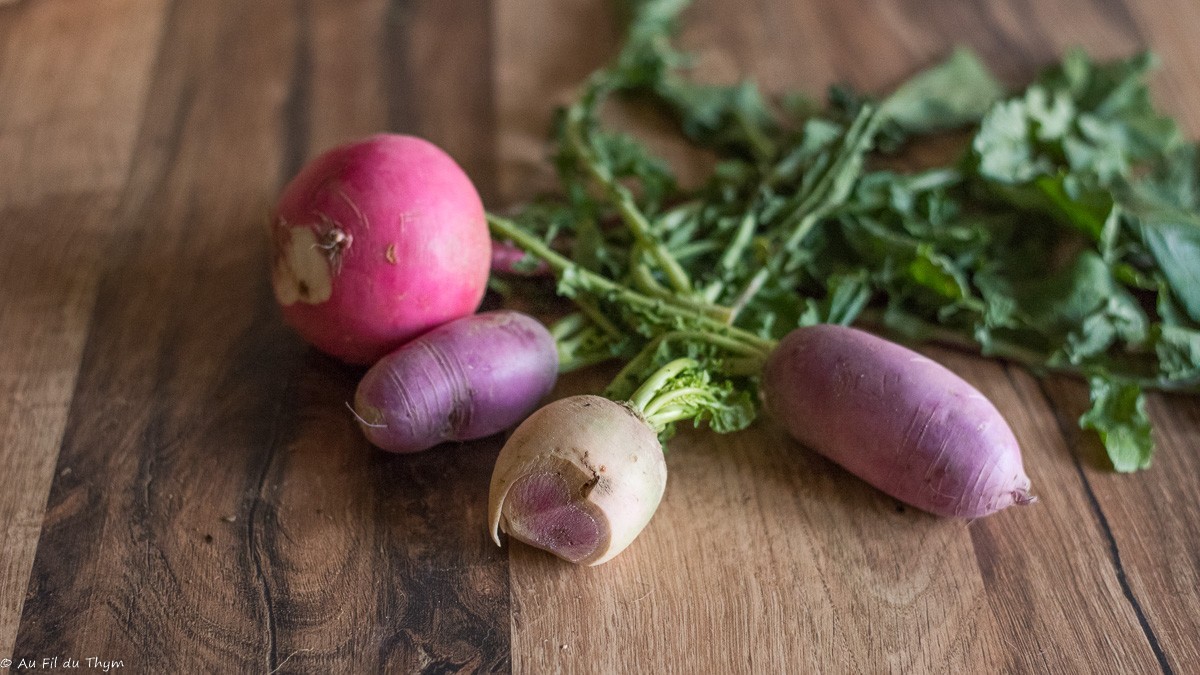
How to cook winter radishes?
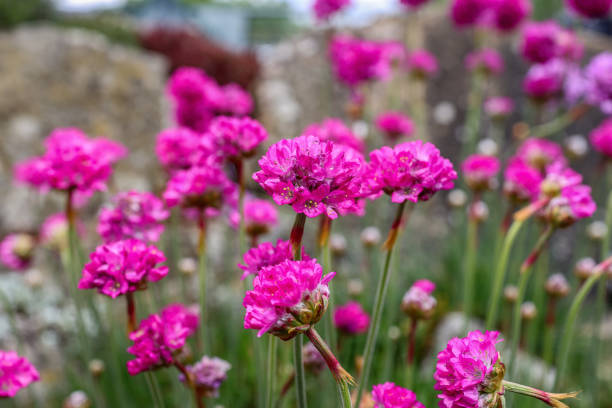
FLOWER CLOVE-MARITIMA ARMERIA: Cultivation and care
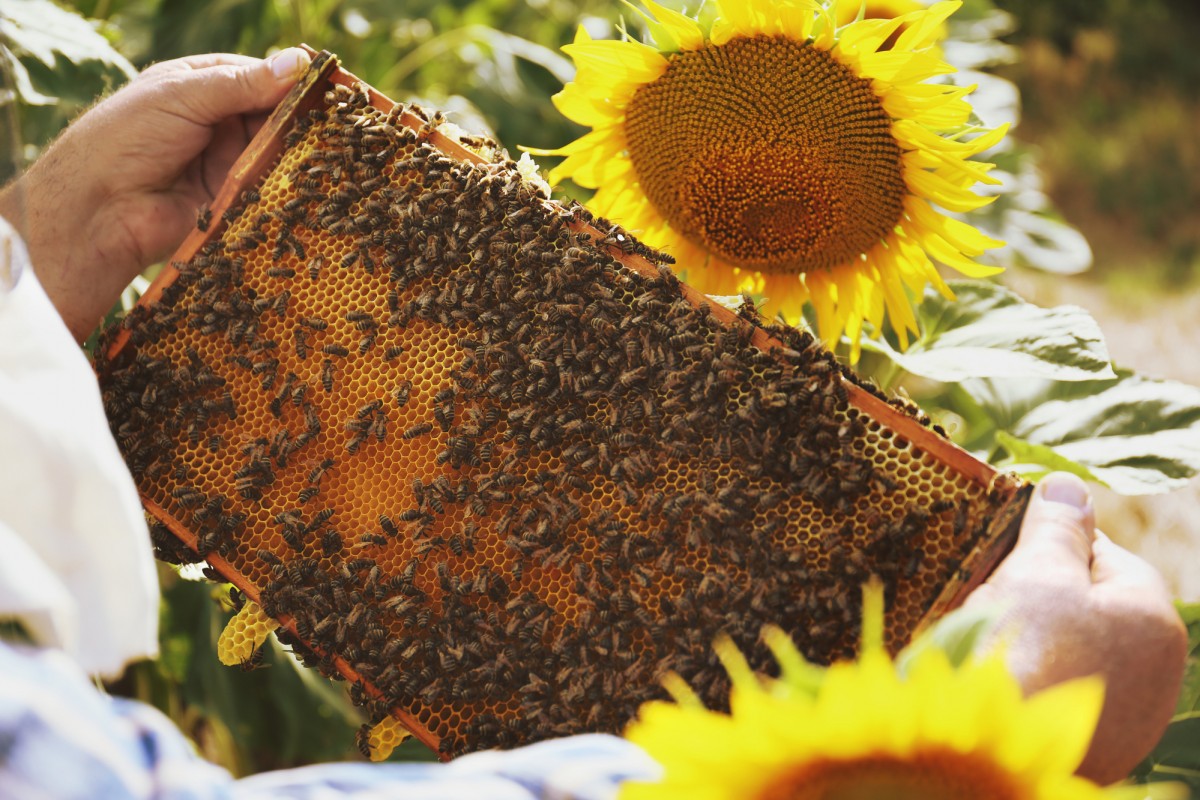
The importance of bees for pollination
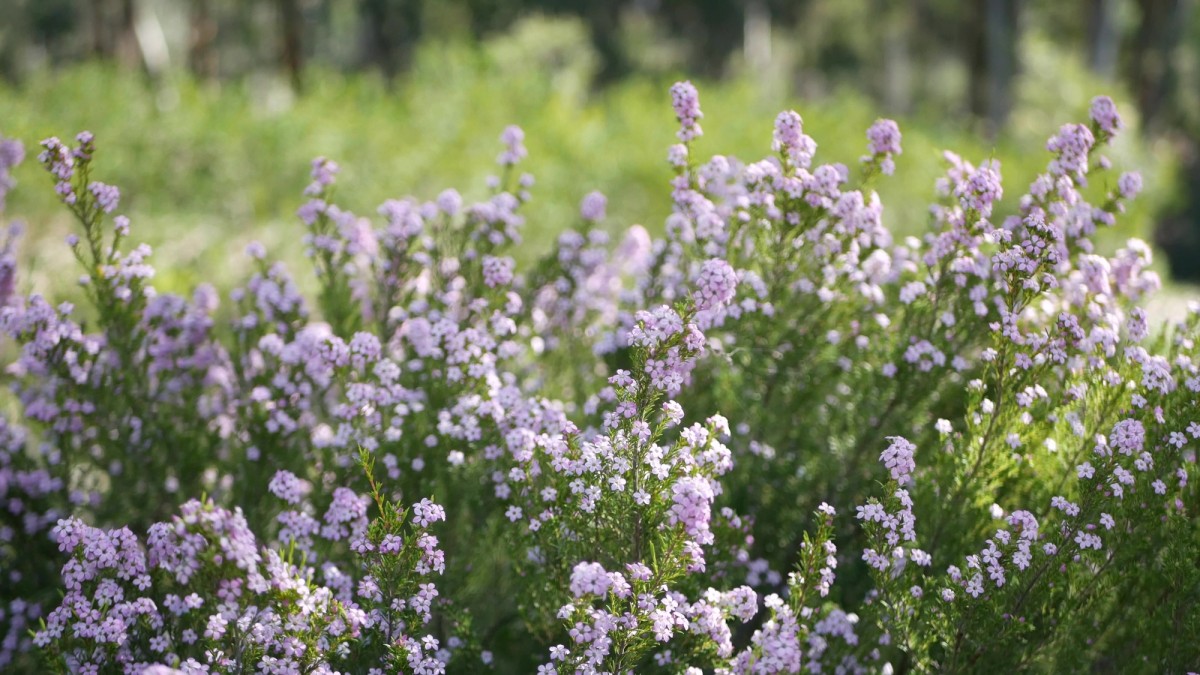
The final guide on how to plant, take care and discover the origin of Coleonema

The wisdom of the garden: the influence of popular proverbs on the plantation and the care of natural flowers

Let's discover the rose and its secrets: the May plant
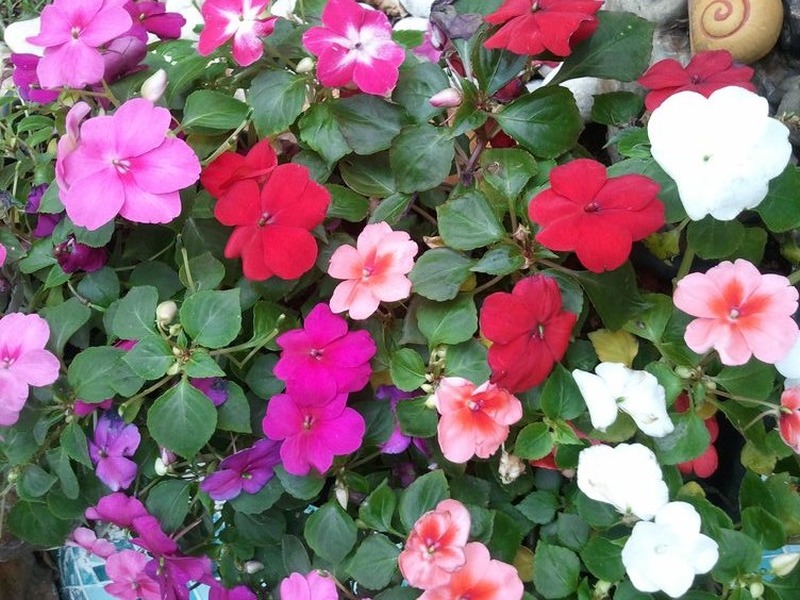
Friar Kiss – Balsamin Family
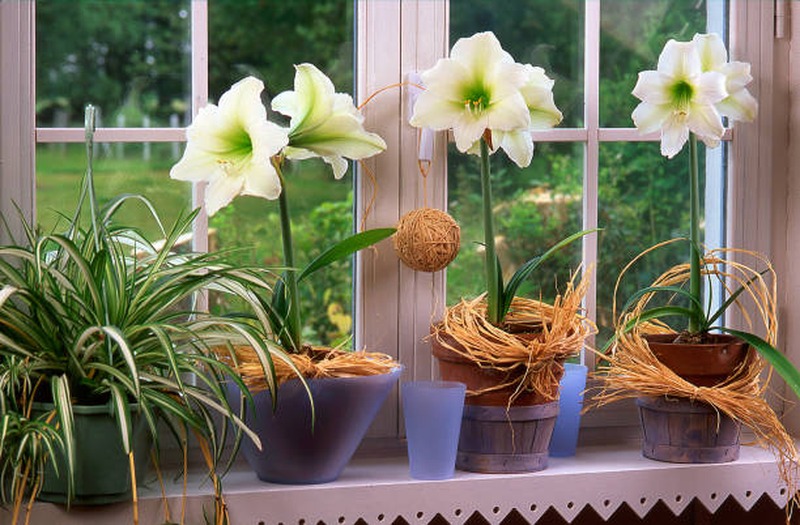
Amarilis – Learn to take care (Hippeastrum Hybridum)
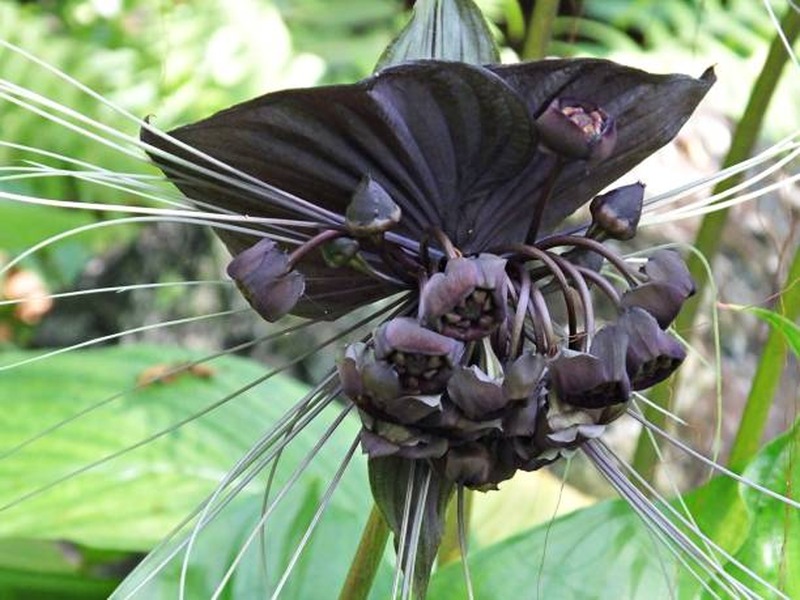
CHANTRIERI NOC – The bat flower has flowers resemble the bats


